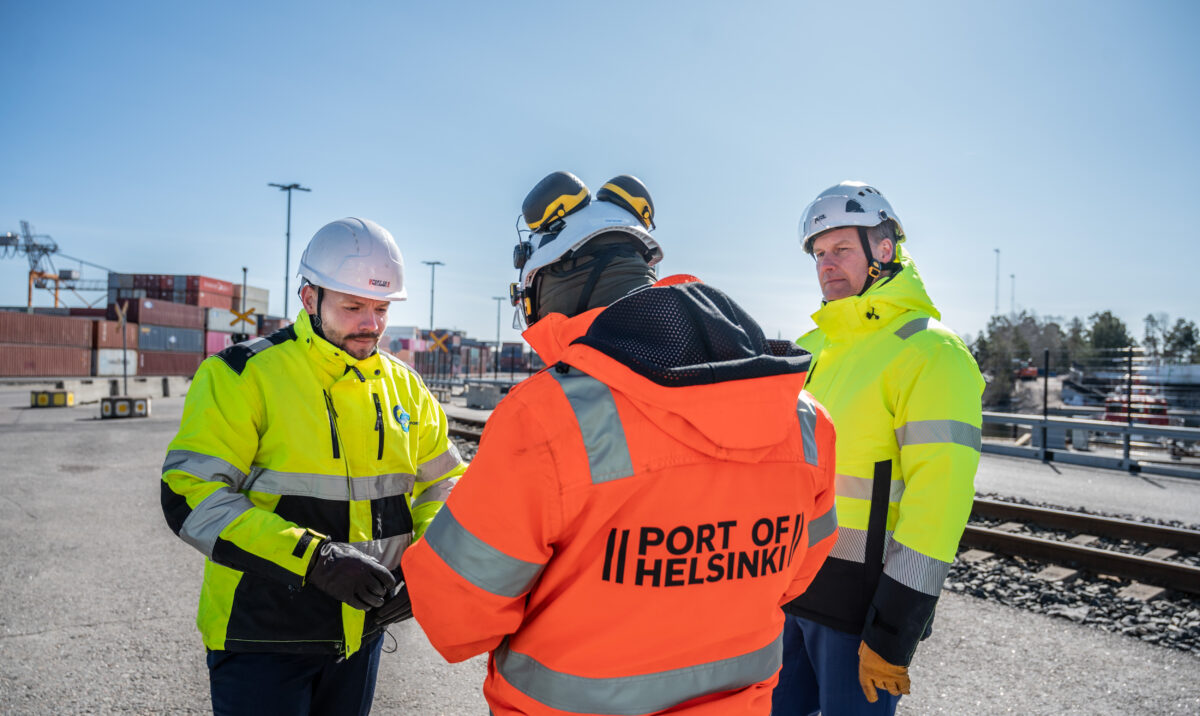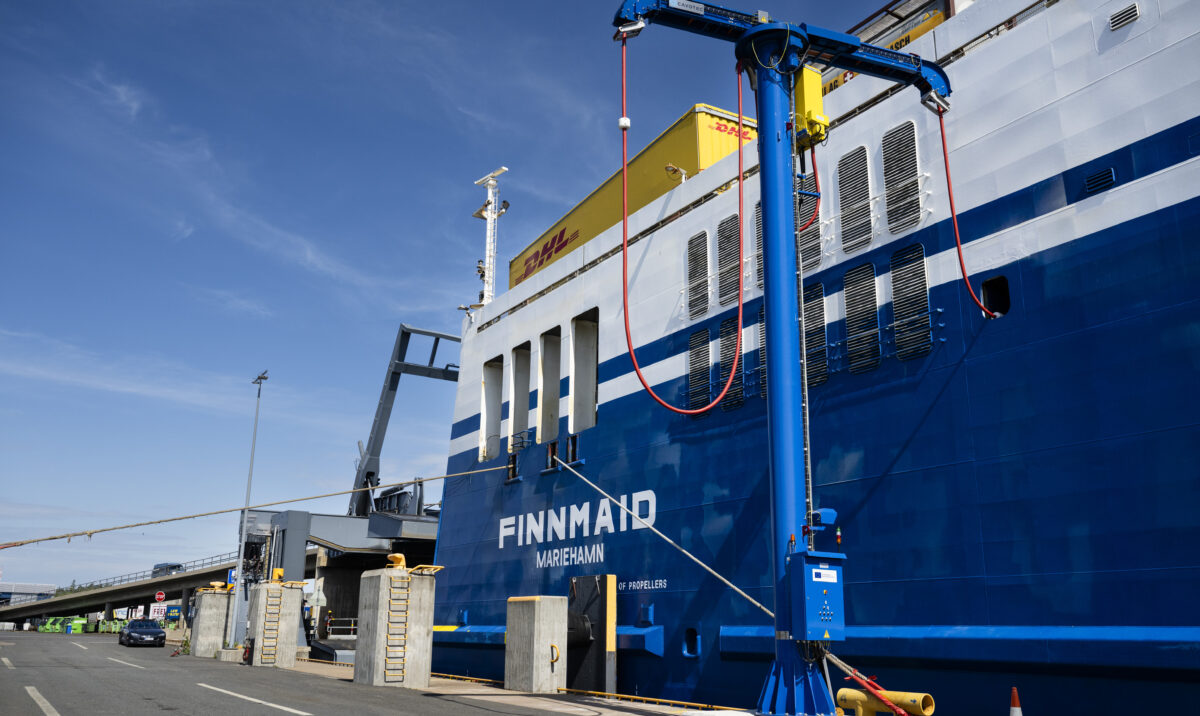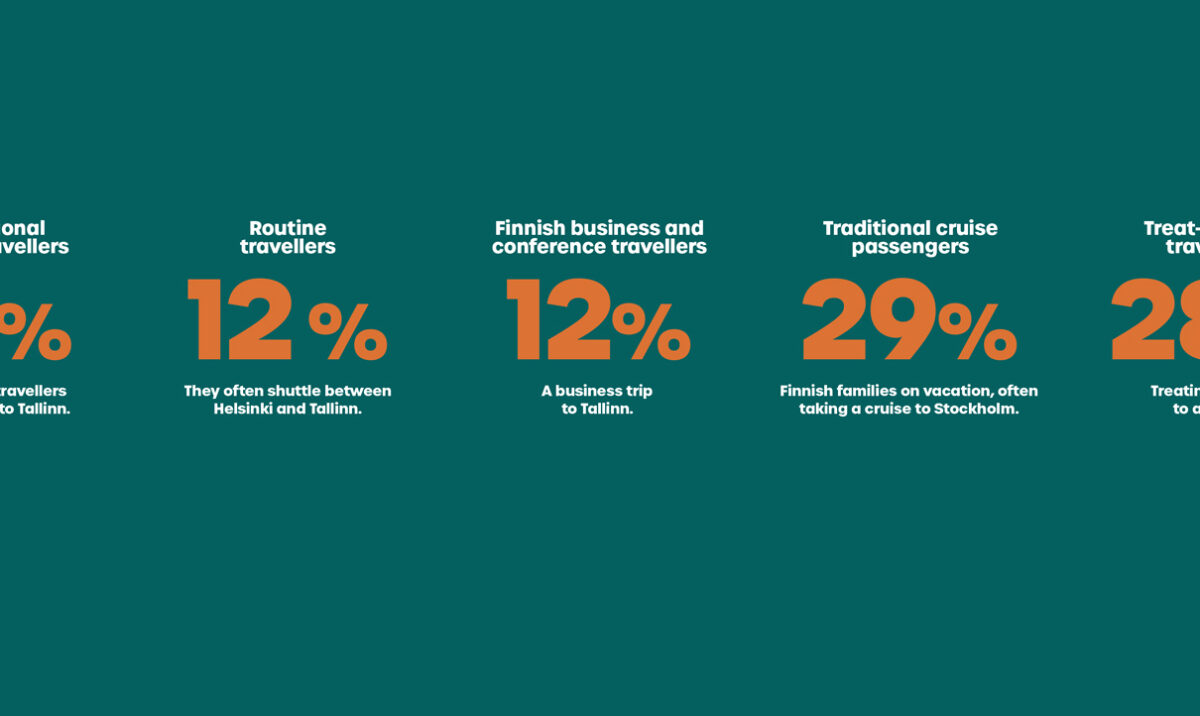
Sea transport is the lifeblood of the Finnish society
A well-functioning shipping market is essential for Finland: with the war of aggression started by Russia, more than 90 percent of merchandise trade by volume goes by sea. About 70 percent of this is done on foreign or foreign-registered vessels.
The level of Finland’s maritime security of supply is good, which is partly strengthened by NATO membership. However, the report raises emerging challenges, e.g. the renewal of the fleet and the availability of experts.
The number of Finnish seafarers is decreasing.
The number of Finnish seafarers is decreasing. The shortage of qualified experts already faced by shipping companies will also be seen in e.g. seaports, pilotage, VTS, administration and teaching at the end of the decade at the latest.
The tightening environmental regulation of shipping also brings its own challenges. One of them is to enable winter navigation with efficient and suitable equipment, which also complies with the regulations. However, several important goals for Finland, especially related to winter navigation, advanced in the EU negotiations at the end of April 2023.
The capacity of Finnish-registered vessels would be sufficient to cover approximately 60 percent of crude oil and approximately 35 percent of the transport needs of oil products in a state of emergency. For bulk carriers, the corresponding share is 30–40 percent. Container traffic, on the other hand, is already almost entirely carried out, and gas imports, for example, entirely with foreign tonnage.
Most of the public ports’ freight traffic goes through the 5 largest seaports mainly in Southern Finland. Container traffic cannot be directed to ports where the necessary handling equipment is not available; ro-ro traffic, on the other hand, can use several ports. Investments by port authorities and port operators have remained and seem to remain quite high.
The importance of logistics expertise is emphasized with the challenges of world politics and economics. That’s proven to be found in Finland: in the World Bank’s Logistics
Performance Index (LPI) 2023, which evaluates the logistics functionality of the foreign trade of around 140 countries, Finland ranked second after Singapore. Third place was shared by Denmark, Germany, the Netherlands and Switzerland. LPI examines the trade of manufactured goods, which is why the major changes in trade with Russia are not much reflected in it.
The “Security of Supply capacity of Finnish maritime transport” report, published by National Emergency Supply Agency at the end of February 2023, assesses the sufficient sea transport and port capacity in Finland based on actual traffic volumes and scenarios in a state of emergency.
An analysis of the security of supply capacity in Finnish maritime transport (“Suomen merikuljetusten huoltovarmuuskapasiteetti”) was carried out by the University of Turku under the leadership of Lauri Ojala, Professor of Logistics.





